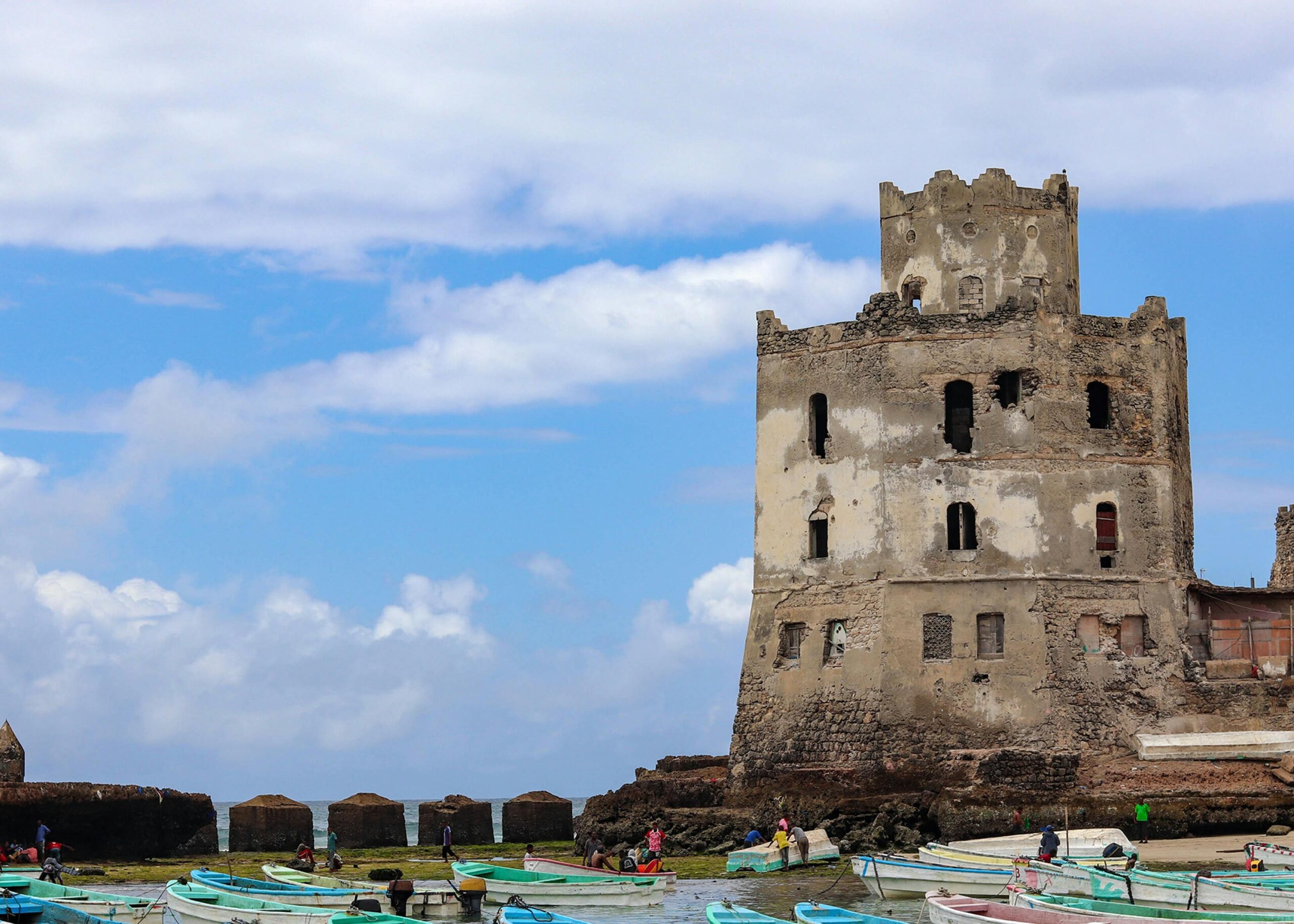Somalia, located in the Horn of Africa, presents one of the world’s most complex legal environments for serving court documents and legal notices. With a population of approximately 17.6 million people spread across 637,657 square kilometers, this nation operates under a unique dual legal system that combines traditional Islamic law (Sharia), customary clan-based governance, and formal statutory law. The country’s capital, Mogadishu, serves as the seat of the Federal Government of Somalia, yet much of the territory remains under the jurisdiction of regional authorities and traditional elders who wield significant influence over local legal matters.
The Somali legal landscape reflects centuries of cultural heritage intertwined with modern judicial reforms. Arabic and Somali serve as the official languages, though Italian and English are also used in legal proceedings due to the country’s colonial history. This linguistic diversity, combined with varying literacy rates across different regions, creates additional layers of complexity when attempting to serve legal documents properly. Understanding these foundational elements is crucial for anyone seeking to navigate Somalia’s legal system effectively.
The Dual Legal Framework Challenge
Somalia’s legal system operates on multiple levels simultaneously, creating unprecedented challenges for document service. The formal court system, established under the current federal structure, coexists with traditional dispute resolution mechanisms led by clan elders and religious leaders. This dual framework means that a Process Server Somalia must understand not only the formal legal requirements but also the traditional protocols that govern local communities.
Traditional elders, known locally as “Isims” or “Garaads,” maintain substantial authority over civil disputes, family matters, and community conflicts. Their decisions often carry more weight in rural areas than formal court rulings. When serving legal documents, a Process Server Somalia must frequently navigate between these traditional authorities and modern judicial requirements, ensuring that both systems acknowledge the validity of the service.
The complexity deepens when considering that different regions may prioritize one legal framework over another. Urban areas like Mogadishu and Hargeisa tend to favor formal court procedures, while rural communities often rely heavily on traditional dispute resolution. This geographical variation requires Process Server Somalia professionals to adapt their approach based on the specific location and community involved in each case.
Geographic and Infrastructure Obstacles
Serving legal documents in Somalia presents significant logistical challenges due to the country’s diverse geography and infrastructure limitations. The nation encompasses coastal plains, highland plateaus, and arid interior regions, with some areas remaining difficult to access due to ongoing security concerns or inadequate transportation networks.
Rural communities, which house a significant portion of Somalia’s population, often lack reliable postal services or standardized addressing systems. Many locations are identified through traditional geographical markers or clan territories rather than formal street addresses. This reality makes it nearly impossible to serve documents through conventional mail service, necessitating personal service by qualified professionals who understand local geography and community structures.
The infrastructure challenges extend beyond mere transportation. Limited telecommunications networks in remote areas mean that initial contact with defendants or witnesses may require multiple attempts or alternative communication methods. A skilled Process Server Somalia must possess intimate knowledge of local communication patterns and maintain relationships with community contacts who can facilitate proper document service.
Seasonal factors also impact document service operations. During the rainy seasons, certain regions become temporarily inaccessible due to flooding or impassable roads. Conversely, drought conditions may force nomadic communities to relocate, requiring Process Server Somalia professionals to track population movements and adjust their service strategies accordingly.
Cultural and Linguistic Considerations
Somalia’s rich cultural heritage significantly influences how legal documents must be served and received. The concept of respect for elders and authority figures permeates Somali society, affecting how legal notices are delivered and acknowledged. A Process Server Somalia must approach document service with cultural sensitivity, often requiring formal introductions through community leaders or respected family members.
Language barriers present another substantial challenge. While Somali serves as the primary language, legal documents are often prepared in English, Arabic, or Italian, depending on the jurisdiction and nature of the case. Proper service may require translation services and verification that the recipient understands the document’s contents and implications. This linguistic complexity demands that Process Server Somalia professionals maintain relationships with qualified translators and understand the legal requirements for translated documents.
Religious considerations also play a crucial role in document service timing and methodology. Islamic traditions influence daily schedules, with prayer times and religious observances affecting when and how legal documents can be appropriately served. During Ramadan or other significant religious periods, a Process Server Somalia must adjust their service schedule to respect religious practices while ensuring legal deadlines are met.
Gender dynamics within Somali culture may require specific protocols when serving documents to female defendants or witnesses. Traditional customs may dictate that male process servers work through male family members or community leaders when serving documents to women, adding another layer of complexity to the service process.
Security and Safety Concerns
The security situation in Somalia presents ongoing challenges for legal document service. While significant improvements have occurred in recent years, certain regions remain unstable due to ongoing conflicts or the presence of armed groups. A professional Process Server Somalia must maintain current knowledge of security conditions and work with local authorities to ensure safe document service.
Security considerations extend beyond personal safety to include the protection of sensitive legal documents and client confidentiality. Process servers must employ secure transportation and storage methods to prevent document tampering or unauthorized access. This requirement often necessitates coordination with local security forces or private security providers in high-risk areas.
The fluid security situation means that Process Server Somalia professionals must maintain flexible operational plans, with alternative routes and backup procedures for different scenarios. This level of preparation requires extensive local knowledge and established relationships with security providers and local authorities throughout the country.
Legal Recognition and Compliance Issues
Ensuring that document service meets both Somali legal requirements and international standards presents ongoing challenges. The formal court system requires specific procedures for valid service, including proper identification of recipients, documented proof of service, and adherence to statutory timeframes. However, traditional legal frameworks may have different requirements or recognition standards.
A qualified Process Server Somalia must understand the interplay between different legal systems and ensure that document service satisfies all applicable requirements. This may involve obtaining acknowledgments from both formal court officials and traditional authorities, creating comprehensive documentation that will be accepted across different legal frameworks.
International cases add another layer of complexity, as foreign courts may have specific requirements for service of process in Somalia. The Process Server Somalia must understand these international requirements and ensure that their service methods will be recognized by foreign jurisdictions, often requiring additional authentication or certification procedures.
Why Professional Process Server Somalia Services Are Essential
The complexity of Somalia’s legal landscape makes professional process server services absolutely crucial for legal success. Attempting to serve documents without proper local knowledge and expertise can result in invalid service, case delays, or complete legal failure. Professional Process Server Somalia services provide the specialized knowledge and local connections necessary to navigate this challenging environment effectively.
Expert process servers maintain current knowledge of legal requirements across different jurisdictions and legal frameworks within Somalia. They understand the cultural sensitivities required for proper document service and maintain the professional relationships necessary to facilitate effective communication with traditional authorities and formal court systems.
Professional Process Server Somalia services also provide crucial documentation and proof of service that will withstand legal scrutiny. Their systematic approach to document service includes comprehensive record-keeping, photographic evidence where appropriate, and detailed affidavits that clearly establish the validity of service according to applicable legal standards.
The time-sensitive nature of legal proceedings makes professional service even more critical. Experienced Process Server Somalia professionals understand local logistics and can efficiently navigate the challenges of document service while meeting strict legal deadlines. Their established networks and local knowledge enable them to locate defendants and witnesses quickly, avoiding costly delays that could jeopardize legal cases.
Conclusion
Somalia’s dual legal framework, combining traditional clan-based governance with modern statutory law, creates unique challenges for serving legal documents. The geographic, cultural, linguistic, and security obstacles require specialized knowledge and professional expertise that only qualified Process Server Somalia services can provide.
Success in Somali legal proceedings depends heavily on proper document service that satisfies both traditional and modern legal requirements. The investment in professional process server services represents a crucial component of legal strategy, ensuring that cases proceed smoothly and that all parties receive proper legal notice according to applicable standards.
For legal practitioners, businesses, or individuals involved in Somali legal matters, partnering with experienced Process Server Somalia professionals is not just advisable—it is essential for protecting legal rights and ensuring successful case outcomes in this complex and dynamic legal environment.
Contact us today for a free consultation or call +1 (800) 845-6093 to get started on your international service request.
Click Here to Submit Your Process Service Assignment Now
Disclaimer: This article provides general information and should not be construed as legal advice. For specific situations involving international service of process, please consult with qualified legal counsel familiar with both the relevant jurisdictions and current treaty statuses.





